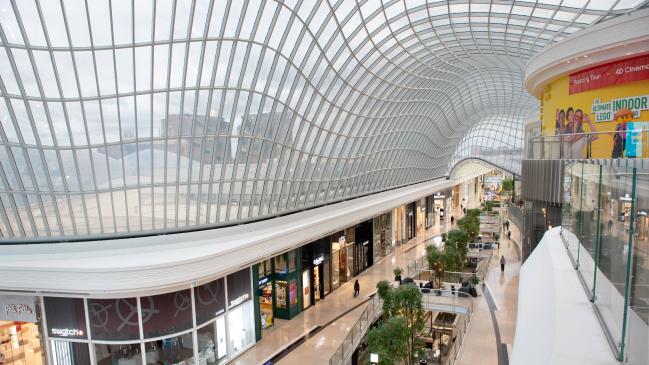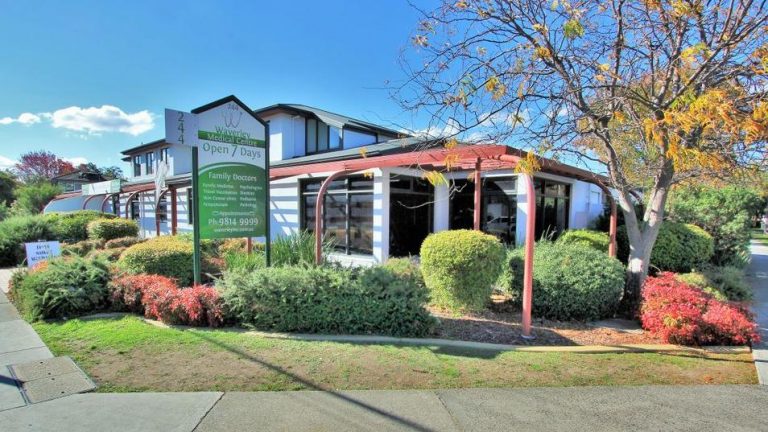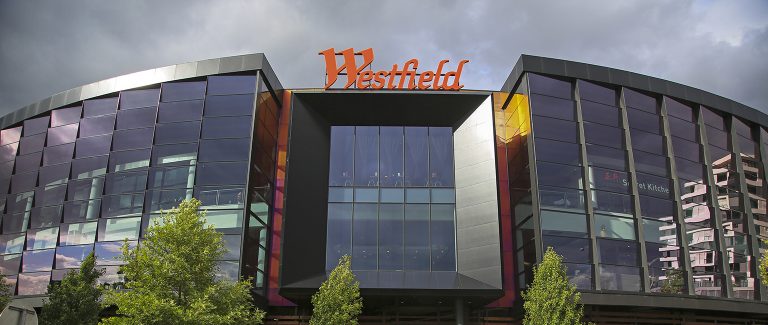Shopping centre owners and key national retailing bodies have reached a deal to negotiate behind closed doors about how they will confront the fallout from coronavirus, with unilateral walkouts by tenants threatening to tear up their leases taken off the table.
The move marks a significant shift after a week marred by a headline-grabbing spat between billionaire retailer Solomon Lew and Westfield owner, the Scentre Group, after Mr Lew’s Premier chain closed its shops and accused centre owners of putting shoppers’ health at risk.
Peak industry groups have now agreed to the bulk of principles unveiled by Prime Minister Scott Morrison for dealing with the impact of coronavirus on malls, but ruled out an initial position that would have allowed tenants to walk away from leases by citing virus-related financial distress.
But mall owners have bowed to demands they come to the table to see tenants through the worst of the crisis and help get them back on their feet.
Shopping centre companies remain under pressure, with credit ratings agencies downgrading their outlooks and stockbrokers slashing their price targets, although most say rescue raisings will not be required despite their depressed share prices.
Mall owners are bracing not only for months of little income but also for extensive rental reductions, including small specialty shops paying about 20 per cent less, at a time when anchors such as Myer are expected to drastically cut their floor space.
Industry experts told The Australian that mall values would fall by about 20% across the board, with many larger regional centres simply unsaleable.
A unilateral termination right isn’t balanced, given a landlord’s inability to terminate for non-payment of rent, and is not linked to the obligation on both the lessor and the lessee to work together during the recovery
This will dramatically cut the values at which shopping centres are held by major listed companies, specialist retail wholesale funds, and major superannuation funds that own centres directly.
The Shopping Centre Council of Australia, Australian Retailers Association and National Retail Association and Pharmacy Guild of Australia on Tuesday agreed on retail leasing principles for a code of conduct to support retailers.
NRA chief executive Dominique Lamb says the parties had sat down after the Prime Minister’s call on Sunday for them to do so, and industry players flagged a shift to dealing with complex retail leasing issues at a state level.
SCCA executive director Angus Nardi says shopping centre owners and retailers have a mutual interest in business continuity.
The groups agreed on the moratorium on eviction for non-payment of rent due to coronavirus distress, to work on rent relief or temporary amendments to leases, and to cut or waive rents for impacted tenants.
But the peak bodies rejected allowing tenants to terminate leases on grounds of financial distress, saying a “unilateral termination right isn’t balanced, given a landlord’s inability to terminate for non-payment of rent, and is not linked to the obligation on both the lessor and the lessee to work together during the recovery”.
Other principles apply to the short-term, allowing for terminations that would impact the entire lease, which may run for years beyond COVID-19, to be terminated. “This does not encourage retailers to work with landlords and financial institutions to formulate a recovery plan,” the groups said, noting the definition of “financial distress” was unclear.
The industry is seeking a national approach but wants states to move quickly, potentially via a code ahead of parliaments returning to pass bills. There are also calls to reduce statutory charges and land tax for landlords.
The coronavirus has ripped through the shopping centre sector and there will be permanently lower rents even once a recovery occurs, according to UBS property analysts.
With the virus undermining the viability of retailers worldwide, landlords have crumbled and agreed to “share the pain” of their tenants and most companies have pulled their guidance.
This article originally appeared on www.theaustralian.com.au/property.








